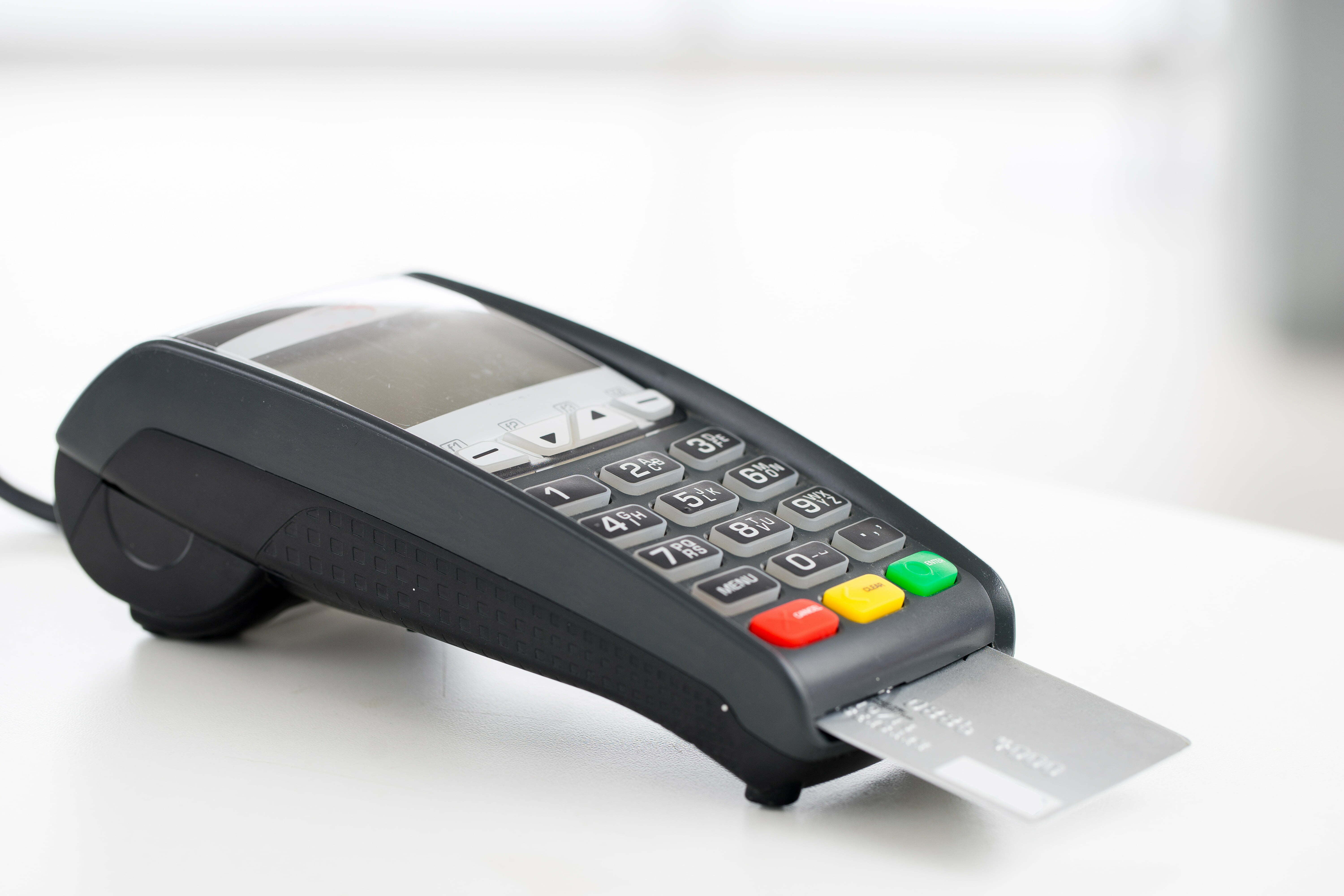From the 2025 Spring Journal of the Colorado Dental Association
By Phil Nieto, President of Best Card
With surcharging now legal in all but two states — Connecticut and Massachusetts —many credit card processing companies are aggressively promoting this model as a way for businesses to save on merchant fees. These processors often label their programs as “Cash Discount Programs” to make  them more appealing, but the reality is that surcharging allows processors to earn significantly higher profits.
them more appealing, but the reality is that surcharging allows processors to earn significantly higher profits.
Although the practice is legal in most states, there are important reasons why many businesses, including dental practices, choose not to surcharge their customers. In dentistry, the consequences of surcharging can be particularly impactful, influencing both patient satisfaction and long-term revenue.
The Cost of Attracting and Retaining Patients
Before deciding to surcharge, it is essential to understand the cost of attracting new patients and their value to your practice. On average, dental offices spend between $150 and $300 on marketing for each patient they acquire[i]. Additionally, dental practices face a patient attrition rate of approximately 17%, which means they must consistently attract new patients just to maintain their current numbers. Given that the average patient generates around $4,500 in revenue over their lifetime with the practice, retaining loyal patients is crucial for sustained growth.
The financial risk of surcharging becomes more apparent when considering these numbers. Nationwide, dental practices process average transactions of about $300.[ii] Under a 3% surcharge model, the fee on a $300 payment is $9 which is paid by the patient. Although this saves the practice on processing costs, that additional $9 fee can be enough to motivate patients to seek services elsewhere. Research shows that over 60% of customers are less likely to return to a business that imposes surcharges.
For dental practices, this can be particularly damaging. Consider a practice that invested $150-$300 to attract a new patient and expects to earn $4,500 over the course of that patient’s relationship with the practice. Losing that patient over less than $10 increases profits for credit card processors, it may come at the expense of patient loyalty and long-term revenue.[iii]
Why Many Dental Practices Avoid Surcharging
Surcharging may initially seem like a convenient way to offset processing fees, but the long-term implications can be far-reaching. Patients generally dislike surcharges. Studies indicate that between 65% and 95% of customers are less likely to revisit a business after being surcharged. In the competitive dental industry, where patient loyalty is crucial, such high rates of customer dissatisfaction can significantly impact a practice’s growth and sustainability.
Moreover, the cost savings are not always as beneficial as they appear. Most surcharge programs require dental practices to pay a flat monthly fee, typically around $40, while patients are charged an additional 3-4% on their transactions. This model effectively shifts the cost of processing fees to the patient, but at a potential cost to the practice’s reputation and patient retention rates.
An additional complication arises with Virtual Credit Cards (VCCs), which are increasingly issued by insurance companies. These cards are programmed with an exact balance and will decline if a surcharge is added. Since industry regulations require that all credit cards be surcharged if any are surcharged, practices would have to lower service fees to accommodate the VCC’s exact balance, effectively absorbing the surcharge cost themselves. Even more concerning, the reported surcharge can trigger audits from insurance companies, potentially leading to reduced reimbursement rates for procedures.
Many dental practices find that increasing prices by a modest percentage—without adding a separate surcharge — is a better way to offset rising operational costs. This strategy allows practices to maintain transparency with their patients while avoiding the negative perceptions associated with surcharges.
Navigating the Complexities of Surcharging
For practices that still wish to explore surcharging, navigating the complex regulations is crucial. Visa, Mastercard, Discover and American Express each have strict guidelines that must be followed. If a practice decides to surcharge any credit cards, they must surcharge all credit cards, maintaining consistency across all transactions. However, debit cards cannot be surcharged under any circumstances, which adds another layer of complexity.
Additionally, businesses cannot surcharge customers from states where surcharging is illegal, even if the practice is located in a state where it is permitted. Surcharges are also capped at the average processing fees paid over the past quarter, up to a maximum of 4%. This is why many processors default to a flat 4% rate, even if the practice’s actual processing costs are lower. These rules apply regardless of how the surcharge is labeled — whether as a “Cash Discount” or otherwise.
The Bottom Line: Is Surcharging Worth It?
While surcharging may offer short-term cost savings on credit card processing fees, it also carries significant risks. Patient dissatisfaction, complicated insurance regulations, and strict compliance requirements make surcharging a potentially risky strategy for dental practices. In an industry built on trust and patient loyalty, maintaining transparent and predictable pricing is often a better approach.
Phil Nieto is the President of Best Card, the endorsed credit card processor of CDA and ADA Member Advantage. For more information, visit BestCardTeam.com or call 877-739-3952.
References:
[i] How Much Can a Dental Practice Spend on Marketing? datamangroup.com/how-much-can-a-dental-practice-spend-on-marketing/
[ii] Pros and Cons of Surcharging Credit Cards, business.com/articles/pros-and-cons-of-surcharging-credit-cards/
[iii] Charging a Credit Surcharge Will Cost You Customers, americanexpress.com/en-us/business/trends-and-insights/articles/charging-a-credit-surcharge-will-cost-you-customers/

